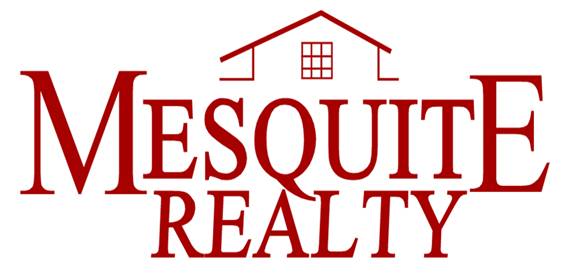
There are many guidelines that need to be followed for a successful Internal Revenue Code (IRC) “1031 Exchange”. Let me start by saying that all information here should not be used as tax advise and that it should be verified with your CPA or tax attorney.
For those that have played the popular board game Monopoly, it is like trading 4 green houses for 1 red hotel…just in real life. Normally the net gains on the 4 green houses would be taxed, however through a 1031 exchange you can sell four houses and buy a hotel and defer paying taxes until the hotel is sold at a later date. Like many things with the IRS there are stipulations.
To qualify for a 1031 exchange you need to be exchange “like property.”
Question #1: What is “Like Property”? The IRS considers virtually all real estate in the United States to be “like-kind”. So one could sell a farm in Kentucky and buy a Motel in Mesquite Nevada. The main stipulation is that the property or properties you are selling and the property or properties that you are buying are both held as investment or for productive use in a trade or business.
On a typical investment sale any gains are taxed through fedral capital gains(currently 15%). For those that are going to sell their investment and purchase this is ideal. However the replacement property needs to be of equal or greater value than the relinquished property. This needs to be done with in certain time frames to be a valid exchange.
Question #2: What are the time frames and deadlines for a 1031 exchange? On the most common exchange called the Forward Delayed Exchange you have 45 calendar days from the closing of the relinquished property to identify(with Qualified Intermediary) a replacement property or properties. Then you have 180 days from the sale of the relinquished property to actually close and purchase the property.
Please note that if you are even considering doing a 1031 exchange contact a knowledgeable REALTOR as well as a Qualified Intermediary that is recognized with the IRS. Many situations are different and there are other types of exchanges not discussed here like, Reverse Exchanges, Simultaneous Exchanges, and Construction Exchanges.
Question #3: Can I do a 1031 exchange on a vacation home or a second home? Properties need to be held as investments. This is why your personal home can not be used in an exchange. Vacation homes can qualify as investment property if it is noted as investment property on your income-tax return. If your vacation home is classified as a second home it would not be eligible. The guidelines say that second homes are used for personal purposes more than 14 days of the year or more than 10% of the time it is rented out, which ever is greater.
Question #4: What is “Boot” in a 1031 exchange? Boot generally refers to cash not spent in the purchase of the replacement property during the exchange. These excess funds are fully taxable at federal capital gains rates.
Overall a IRC 1031 Exchange is a great tool used by investors to defer taxes to a later period. Many people use 1031 exchanges to trade up properties until the point they retire and can live off of the investment income. We encourage you if you have questions to contact us and we can get you in touch with professionals that can help you further.
This article was written by the Mesquite Real Estate Team from Bowler Realty. Find Mesquite Homes for sale and desert land and lots for sale in Scenic AZ and Beaver Dam.




{ 0 comments… add one now }
You must log in to post a comment.